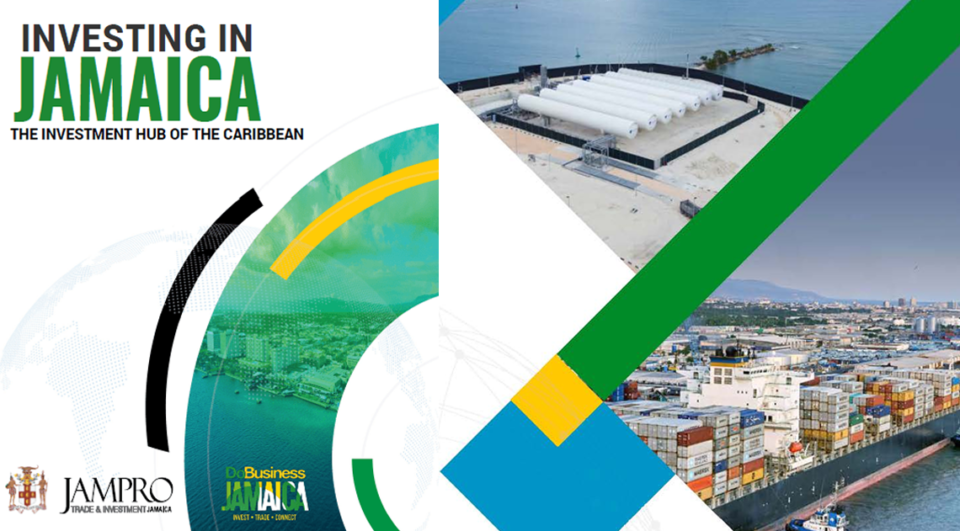Caption: “As we focus on the dual tasks of recovery and transformation of our economies and societies, today’s Dialogue invites us to consider our actions and the solutions that will pave our way out of this untenable status quo towards a sustainable future – the only future which ensures our survival,” stated Minister Johnson Smith, at the 39th Session of the Economic Commission for Latin America and the Caribbean (ECLAC), in Buenos Aires, Argentina, on Wednesday, October 26.
Jamaica’s Foreign Affairs and Foreign Trade Minister, Sen. The Hon. Kamina Johnson Smith, in meeting with her Latin American and Caribbean ministerial colleagues recently, reiterated the importance of closing climate finance gaps as the region seeks to simultaneously mitigate against environmental disasters, the far-reaching economic impact of the Ukraine invasion and recover from the COVID-19 pandemic.
“As we focus on the dual tasks of recovery and transformation of our economies and societies, today’s Dialogue invites us to consider our actions and the solutions that will pave our way out of this untenable status quo towards a sustainable future – the only future which ensures our survival,” Sated Minister Johnson Smith. Speaking at the 39th Session of the Economic Commission for Latin America and the Caribbean (ECLAC), in Buenos Aires, Argentina, on Wednesday, October 26, the minister noted that climate change, biodiversity loss and pollution—three components of the global environmental emergency, are priority areas around which the region should continue to deepen multilateral cooperation and advocacy.
Recalling the ‘stark warning’ of United Nations Secretary General Antonio Guterres, issued earlier this year, that the world is “sleepwalking to climate catastrophe”, Minister Johnson Smith reminded her regional colleagues that “the window of not exceeding the Paris Agreement target of 1.5°C is fast closing.” She stated; “Even though 1.5°C is not a safe state, especially if we consider the growing number of hazards the world over, we must recall that it remains one of the primary global efforts that gives us a fighting chance to avert the catastrophe that otherwise awaits us.”
In highlighting the climate finance gaps, Minister Johnson Smith welcomed “new and ongoing efforts to help countries implement their Nationally Determined Contribution (NDC) and also the support anticipated under the European Union’s Neighbourhood, Development and International Cooperation Instrument (NDICI)”.
In sharing Jamaica’s progress on climate change mitigation efforts, the Minister noted that the country is currently updating its Climate Change Policy Framework to account for “worsening realities, and to revise the Government’s strategies to respond to expected climate change impacts.” She also shared, that Jamaica is developing an Emissions Policy Framework to further advance the commitments signed on to, under the Paris Agreement.
The Minister however said that despite the “best efforts of developing states, our small islands in particular, continue to be on the frontlines of a crisis not of our making and we are forced to pay an economic and social price beyond that which we can afford.” She insisted that “it is essential for high emitters to take urgent and significant mitigation action, including necessary for adaptation finance to be scaled up and made more accessible.”
On biodiversity loss, Minister Johnson Smith shared that the Jamaican government has prioritised national biodiversity protection, declaring three (3) new protected areas. This, she noted, translates to 25% of Jamaica’s terrestrial area and approximately 12 to 15% of its ocean space, protected under law. The Minister shared also that, Jamaica, as a member of the Global Oceans Alliance, and the Oceans Panel, “is playing a leading role in promoting ambitious ocean action (within the UN Convention on Biodiversity) and a sustainable ocean economy.”
On pollution, the Minister gave an update on regulations aimed at controlling air quality, waste water and sludge, the transboundary movement of hazardous waste, and other contributors to pollution. “We are also increasing the fines and penalties under Waste Water and Sludge Regulations, to better protect our ecosystems,” she stated.
Minister Johnson Smith was lead of the Jamaican delegation to three concurrent regional meetings in Buenos Aires, Argentina, from October 24-27.





